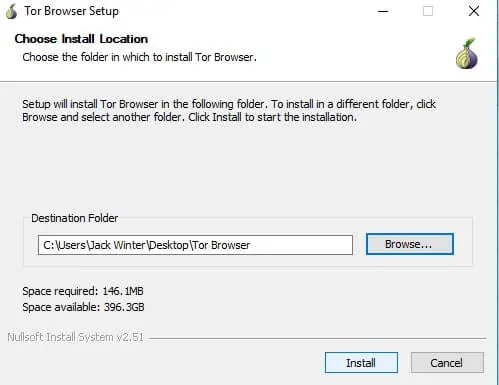

Websites and data on the dark web do typically require a special tool to access. The dark web, or dark net, is a small part of the deep web that is kept hidden on purpose. Although not everything on the dark net is illegal, it’s where you’ll find many of the internet’s black markets, hacker forums, malware vendors, and other illicit activity. Both the owners and users of the dark web are anonymous. The dark web is made up of purposefully hidden websites and services. The dark net, or dark web, constitutes a small fraction of the deep web. The links that Google and other search engines return when you type in a query is known as the “surface web,” while all the other, non-searchable content is referred to as the “deep web” or “invisible web”. By some estimates, the web contains 500 times more content than what Google returns in search results. VPN article will explain more about their differences.Īll NordVPN apps (minus Linux) even have the Dark Web Monitor feature, which will notify users if they’re personal information is uploaded to the dark web.Google only indexes a tiny fraction of the internet. NordVPN encrypts all your internet traffic, while Tor is designed specifically for anonymous browsing. With one NordVPN account, you can protect up to six different devices: laptop, routers, smartphones, tablets, and others. In the meantime, NordVPN enhances your privacy, so it's a much safer option.Ī VPN is also faster than Tor and is much more suitable for daily use. In theory, a hacker or government could be running multiple Tor nodes and spying on users. NordVPN allows you to choose from more than 5,500 servers in 59 countries, hopping between them with one click. When you connect to a VPN, your traffic is redirected through one of the servers of the VPN provider. While Tor and a VPN are both designed to protect users’ privacy, they also have key differences. What’s the difference between Tor and a VPN?


 0 kommentar(er)
0 kommentar(er)
